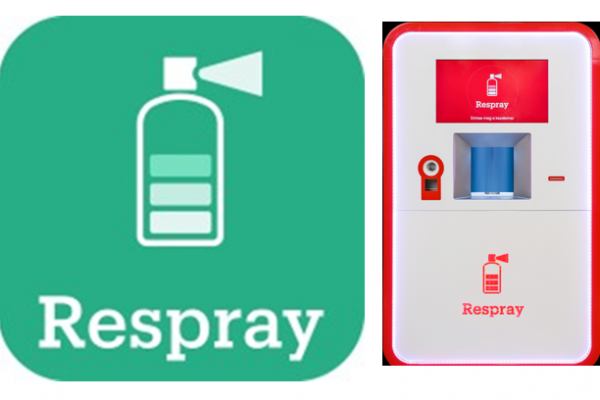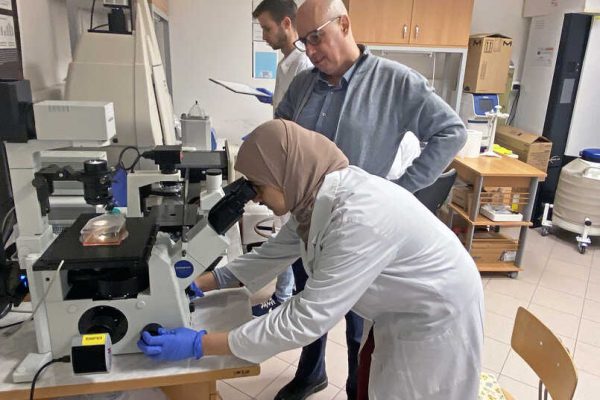The future of mRNA vaccines is looking bright, not only in treating the coronavirus, but in treating multiple other afflictions such as influenza, HIV, and perhaps even cancer. During her time visiting Hungary, Katalin Karikó has spoken on RNA’s adaptability to combat the many different viruses the modern world faces. It is clear that this technology could be, as Wired Magazine puts it, a revolution.
Hungarian biochemist Katalin Karikó, developer of the mRNA technology which became fundamental in the creation of mRNA-based coronavirus vaccines, has no doubt become the most well-known Hungarian in the world. While visiting Hungary, many of her interviews have involved various questions on the efficacy and impact of mRNA technology.
In the Brain Bar podcast on Friday, she spoke in detail about the potential of mRNA technology, emphasizing that it has the potential to cure a multitude of afflictions. After all, Pfizer-BioNTech had initially intended to find a cure for influenza, and once the challenge of the pandemic arrived, it did not take long to switch to a coronavirus vaccine.
An Adaptable, “Platform” Technology
Karikó said that it is easy to switch from the protein of one virus to another, since mRNA is adaptable, and even in the case of a new coronavirus variant, “six weeks is enough for a new vaccine to be developed.”
She added during the interview that RNA acts like a platform, which can be used in multiple circumstances, and can make the final product simpler and more cost-efficient. This adaptability is what prompted Pfizer CEO Albert Bourla to announce that they are working on creating an mRNA-based vaccine for every virus, “Pan-vaccines” as Karikó put it.
She said, regarding the technology’s use, that it should take roughly two years until clinical trials can begin on humans for mRNA to treat autoimmune disorders as well.
But BioNTech is already conducting clinical trials on the use of mRNA vaccines in oncology. For example, trials are beginning to appear successful for individuals suffering from melanoma.
While they have been delayed because of the pandemic, Phase 1 clinical trials for mRNA vaccines against influenza, HIV, and genital herpes are also set to be undergone by BioNTech. Researchers are also studying the vaccines’ use against Ebola, Zika, rabies, and cytomegalovirus.
Karikó Confident in the Value of mRNA Vaccines
The outbreak of the pandemic was not the first prompt for an understanding of the coronavirus. In an interview with ma7, Karikó stated that conferences have been held around the virus every year for 40 years. During the SARS and MERS pandemics, which were caused by the coronavirus, most spike proteins were found. This is why it did not take long to create a vaccine.
Regarding her stance on those who oppose vaccination, Karikó said that at the end of the day what matters is who people end up believing, her or someone attempting to convincing them of things that have no scientific basis.
She has been accused that the vaccine brings foreign gene-altering material into the body, but to this she emphasized that the RNA of the vaccine only brings in a code programed to create the spike-protein of the virus, which creates an immune response that ultimately leads to immunity.
International Recognition for Karikó
Regardless of the naysayers, Karikó’s work is gaining increasing international recognition.
The upcoming issue of Wired Magazine will feature the Hungarian biochemist’s work in creating mRNA vaccine technology as its cover story, but also touching on the future of such vaccines. The cover story will be called The vaccine revolution.
Karikó has also appeared on CNN, saying that she was not surprised when she found out mRNA vaccines were proving effective, since there were already plenty of experiments that showed their efficacy. She emphasized that she would celebrate once the hardships of this pandemic come to an end.
Source: Hungary Today












